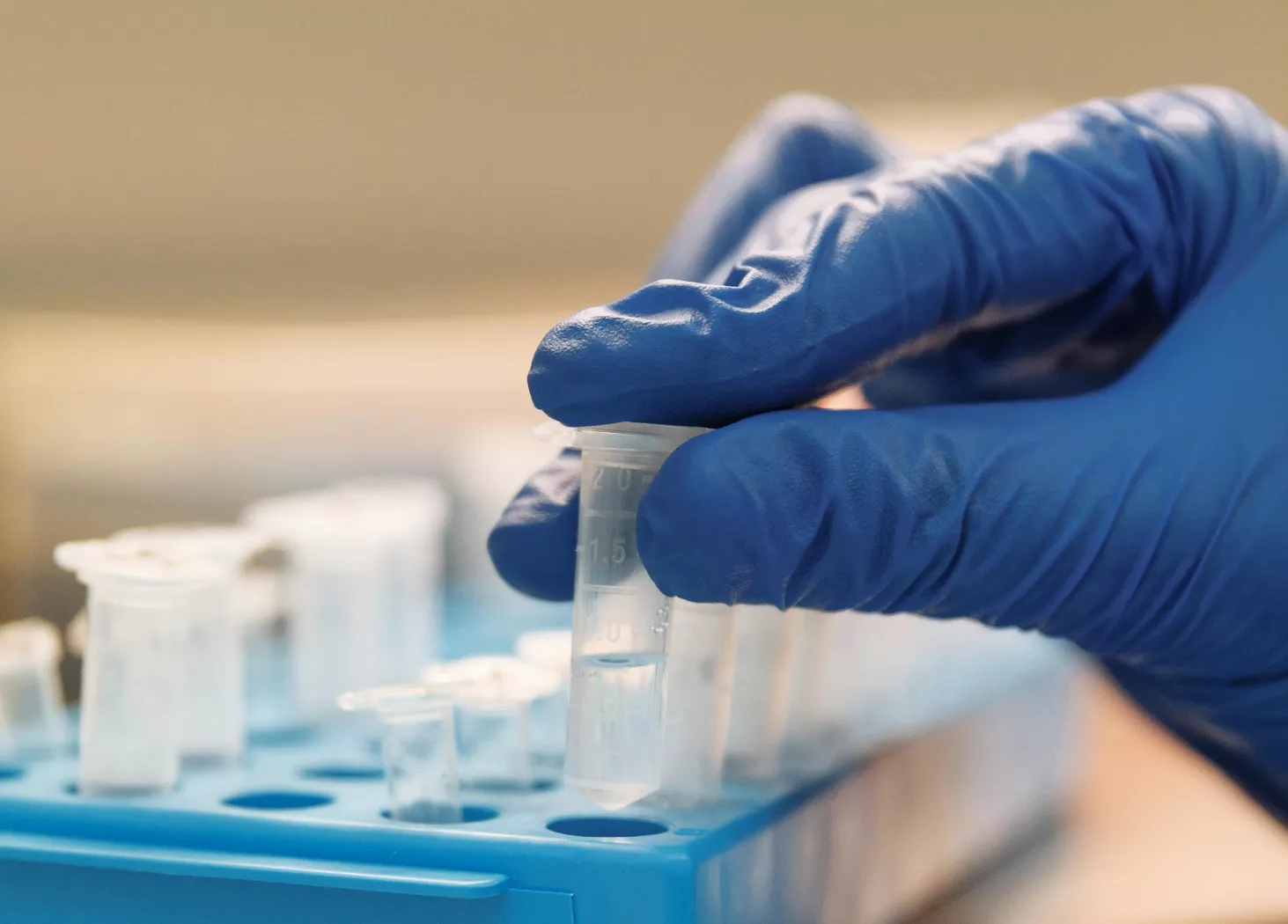The human gut microbiome is home to over 100 trillion microorganisms, and plays a vital role in immune system development, especially in the earliest stages of life. Studying the microbiomes of newborns can help scientists to understand the prevalence and spread of antimicrobial resistance (AMR) among populations. However, generating microbiome data from low- and middle-income countries (LMICs) remains challenging, largely due to difficulties in collecting, transporting, preserving, and processing neonatal stool samples in resource-limited settings.
Researchers from the Ineos Oxford Institute for antimicrobial research (IOI) have compared three different DNA extraction methods for profiling newborn gut microbiomes. The study, published in The Microbe, offers practical recommendations for DNA extraction protocols, especially those suitable for low-resource settings.

Research led by IOI DPhil student Chinenye Akpulu evaluated three commercially available DNA extraction kits: QIAamp Fast DNA Stool Mini, DNeasy PowerSoil Pro, and ZymoBIOMICS DNA Miniprep. These kits are designed to extract microbial DNA from stool samples with minimal need for additional laboratory equipment. This allows scientists to identify microbes present in an individuals’ gut, as well as the presence of antibiotic resistance genes (ARGs). The analysis was performed in a makeshift laboratory built from a shipping container at Murtala Muhammed Specialist Hospital (MMSH) in Kano, Nigeria, using neonatal stool samples collected from the same hospital.
The results showed that the two bead-beating-based kits (PowerSoil and ZymoBIOMICS) consistently outperformed the QIAamp kit, which produced negligible yields. Both bead-beating kits achieved the highest DNA concentrations when samples were processed fresh and without preservatives. However, DNA yields declined sharply after just one day of storage, highlighting the importance of same-day processing to maximise DNA recovery and preserve sample integrity.
Although overall DNA yields were similar between PowerSoil and ZymoBIOMICS, the PowerSoil kit produced longer sequencing reads and higher-quality genome assemblies, making it potentially more effective for accurately piecing together the genetic information of the gut microbiome.
Our findings underscore the importance of selecting appropriate and cost-effective DNA extraction methods to ensure accurate and reproducible gut microbiome profiling, especially in resource-limited settings.

The ability to extract high-quality DNA from neonatal stool samples is an important step toward understanding the drivers of early-life gut microbiome, for instance mode of delivery and antibiotics, and their impact on newborn health. In LMICs, where laboratory infrastructure and access to advanced equipment are often limited, gathering high-quality data can be challenging.
This research provides recommendations for the optimum DNA extraction protocols, applicable in low-resource settings. We hope that this will lead to improvements in the quality of microbiome data and support more inclusive and scalable microbiome research globally.

